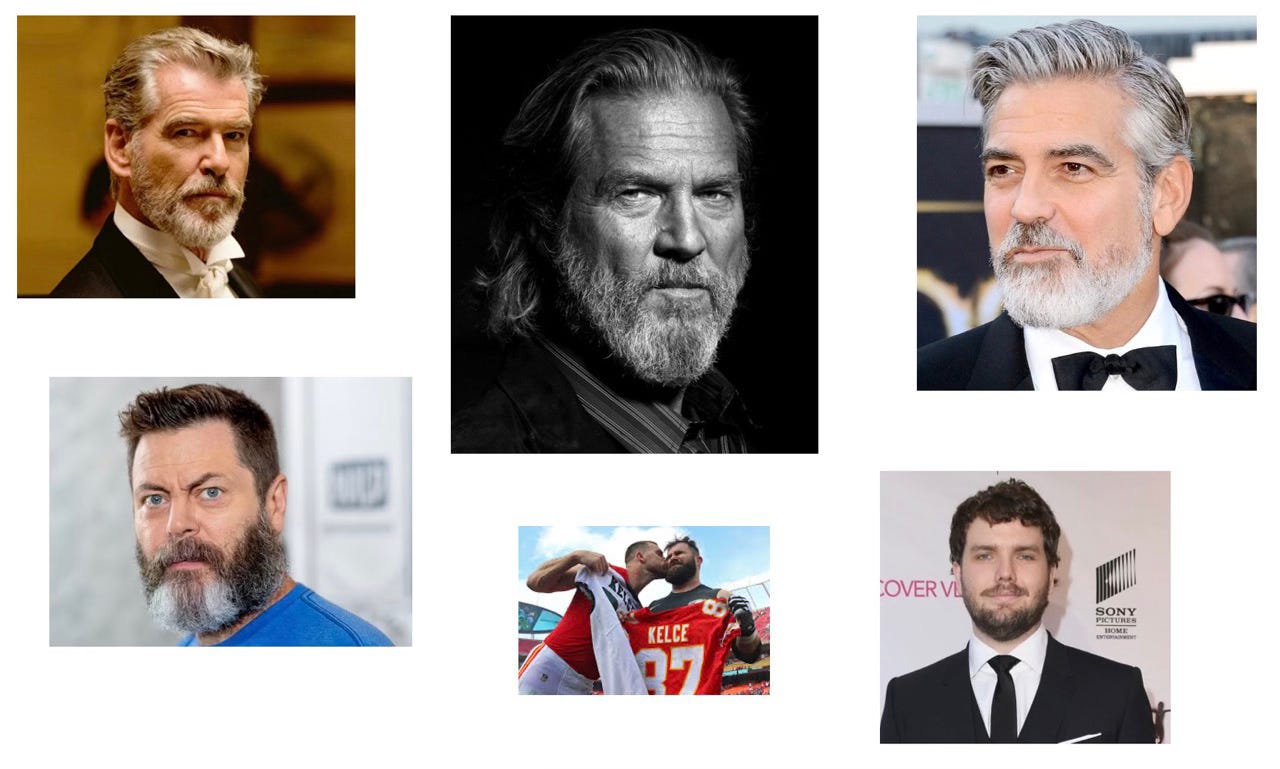With American democracy now under extreme threat by Trump and his commandos, it seems appropriate — and melancholy — to feature the legendary poet of democracy, Walt Whitman (1819-1892), who celebrated this country and many of its better aspects, and who mourned President Abraham Lincoln in the elegy “When Lilacs Last in the Dooryard Bloom’d.”
As I write this on November 6, the day after Trump’s election, I feel almost as numb as on September 11, 2001. I suspect many Americans felt similar shock and horror on December 7, 1941, when Japan bombed Pearl Harbor. Trump’s war, unlike Japan’s, is universal: in his crosshairs are not only women, gays, immigrants, the transgendered, Democrats, NeverTrumper Republicans, the middle class and the poor, everyone with health coverage provided by the Affordable Care Act — and the entire planet as well!
I rejoice, however, even in this dark hour, that no poet will write an elegy when Trump finally dies and frees the world of his stink. There will be instead dancing in the streets, festivals of wild celebration in every American state and in many countries, and the day of his death may well become a national holiday to rival the Fourth of July.
It’s an eerie coincidence that each year on November 5 the British celebrate Guy Fawkes Night, the date of the Gunpowder Plot. On that day Guy Fawkes and his fellow Catholic conspirators attempted to blow up the Parliament and assassinate King James I of England. The Guy Fawkes revelries resemble our Halloween, for there are bonfires, parades, fireworks, and in the streets children and grownups carry straw effigies of Fawkes which they throw into the fire with whoops of laughter.
Remember the date: November 5…when an ignorant American electorate handed Trump the gunpowder to blow up the Constitution. And don’t forget, Donald: your day will come. Long after you are infernal dust, your effigies will burn worldwide.
My late friend and Mandate contributor Charles Harmon Cagle wrote primarily about Whitman and the young men in his life. If this is not Charles’s most compelling and wide-ranging article, the reason is that Whitman is too vast even for book-length biographies, and certainly too big for magazine coverage. As he said in Song of Myself, “I am large, I contain multitudes.”
One important event that Charles didn’t get around to was the meeting of Whitman and Oscar Wilde. I’ve included here the first two paragraphs of an article from The New Republic, October 17, 2014. You can read the entire piece at newrepublic.com. A great deal about the meeting is also available at whitmanarchive.org.
“On January 31, 1882, a partially paralyzed man living with his brother and sister-in-law in a row house in Camden, New Jersey, wrote to a friend to tell him of a recent visitor to that home. ‘He is a fine large handsome youngster,’ the man wrote of that guest. And ‘he had the good sense to take a great fancy to me.’
“Thus Walt Whitman described the day he spent with Oscar Wilde. This meeting between the self-described ‘old rough’ who revolutionized American poetry with his masterpiece Leaves of Grass and the self-anointed ‘Professor of Aesthetics’ who was touring America with a lecture praising sconces and embroidered pillows, has been examined often in the intervening years, usually through the lens of what is now called queer history, or as an interesting, if not particularly consequential, moment in the history of literature.”
If your English lit classes skimped on Whitman, and if you’re curious about his work, you might think of him as the 19th century Bob Dylan. I’ve always associated the two, the reason being that in my senior year of college I was listening to Dylan and studying Whitman, both for the first time. I confess that my ardor for each one has cooled. In the case of Whitman it was overkill. A smattering in high school, a week or two in college, and in graduate school a seminar on “Whitman and Dickinson” — Emily, of course, who for me is by far the greater poet. Whatever one’s preference, Whitman and Dickinson remain giants of American literature.
For the one I love most lay sleeping by me under the same
cover in the cool night,
In the stillness in the autumn moonbeams his face was inclined
toward me,
And his arm lay lightly around my breast — and that night I
was happy.
—From “When I Heard at the Close of Day”


As far as I can ascertain, no actor has portrayed Whitman in a feature film. There are documentaries, of course, and more than a few stage plays. Let’s imagine, however, that an enterprising director decided to film Poetry Man — who might be up for the lead? As wannabe casting director, here’s my line-up.









Thanks so much for bringing this story of Walt Whitman to my attention. I'll have to try and find a copy of Mandate so I can save a copy of this article. I really enjoyed reading it.